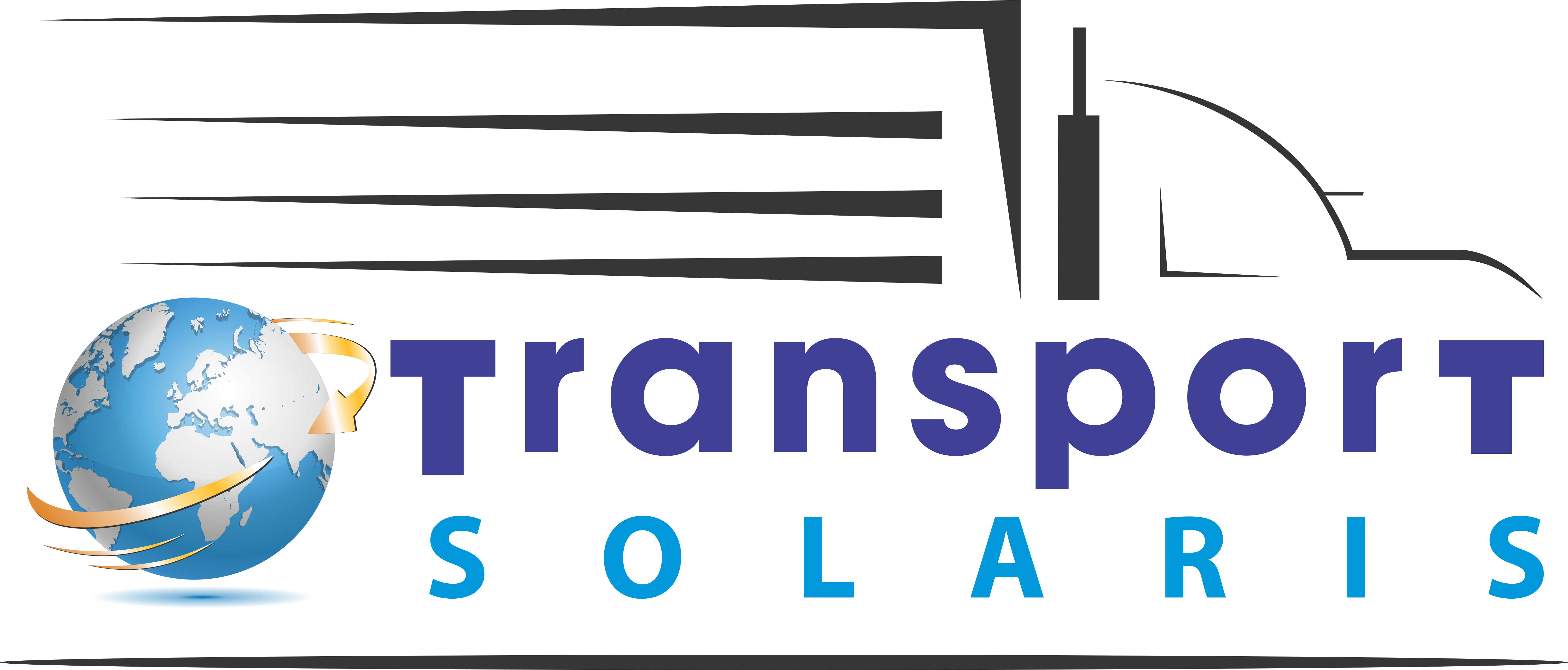- Ban on E-cigarettes and Heated Tobacco Products: Effective from January 1, 2025, the production and import of e-cigarettes and heated tobacco products are prohibited in Vietnam. Customs authorities will not clear these items. Provincial and municipal Customs Departments were required to report on the remaining stock of these goods by January 10, 2025.
- End of Tax Exemption for Low-Value Express Deliveries: As of February 18, 2025, the tax exemption for imported goods valued under 1 million VND sent via express delivery has been stopped. All such goods are now subject to import duty and Value Added Tax (VAT). This change aims to address the growth of e-commerce and aligns with trends in other regions.
- E-commerce Customs Procedures (Draft Decree): The Ministry of Finance has been drafting a new decree specifically for customs procedures related to e-commerce goods. This decree aims to govern aspects such as customs declarants, risk management, data processing, import permit exemptions, import duty, customs valuation, and the overall customs procedure for goods traded online, including those sent via postal and express services.
- The draft proposes an electronic customs data processing system for e-commerce.
- It discusses potential import duty exemptions for goods with a customs value per purchase order of 2 million VND or less, with a yearly limit of 96 million VND per individual/organization. This may not apply to goods subject to import conditions (Group 2 goods).
- A separate customs procedure may be established for e-commerce goods not classified as Group 2 goods.
- VAT Changes:
- A new Law on Value Added Tax (VAT) will take effect on July 1, 2025, introducing significant changes.
- There will be clearer definitions of exported goods and services entitled to a 0% VAT rate.
- Foreign companies engaged in e-commerce and digital services will be subject to a 10% VAT starting July 1, 2025.
- VAT refunds will be limited, primarily to cases of dissolution, and new conditions for refunds may apply to businesses with a 5% VAT rate.
- For VAT compliance, businesses will generally need non-cash payment receipts for transactions of 5 million VND or above (including imported goods).
- The annual revenue threshold for VAT exemption for business individuals and households will increase from 100 million VND to 200 million VND, effective January 1, 2026.
- A temporary VAT reduction to 8% for select goods is in place from January 1 to June 30, 2025.
- Use of Personal Identification Number (PIN) for Tax: From July 1, 2025, the personal identification number (PIN) will replace the personal tax code for individuals, business households, and individual businesses in all tax-related matters. Tax codes issued previously will remain valid until June 30, 2025.
- Abolishing Quality Inspection for Imported Electric Bicycles: As per Circular No. 54/2024/TT-BGTVT, the quality inspection for imported electric bicycles has been abolished from January 1, 2025.
- Verification of Certificate of Origin (C/O): Decree No. 21/2025/ND-CP, effective February 10, 2025, amends regulations related to the Certificate of Origin issued under the ASEAN-India Free Trade Agreement (AIFTA).
- Import Duty on Automobile Supporting Industry: Decree No. 21/2025/ND-CP also extends the 0% preferential import duty rate for raw materials, supplies, and components used in the production and processing (assembly) of prioritized supporting industrial products for the automobile manufacturing industry until December 31, 2027.
- CPTPP Preferential Import Tariffs: Decree No. 13/2025/ND-CP, effective January 21, 2025, amends some provisions related to Vietnam’s preferential export tariff schedule and special preferential import tariff schedule under the CPTPP for the period 2022-2027, including adding conditions for goods from certain countries.
- Anti-Dumping Duties: Anti-dumping duties have been officially imposed on wind tower products from China (effective January 8, 2025 to January 8, 2030) and on prestressed steel cable products originating from Malaysia, Thailand, and China (AD17).
- Policy on External Warehouse Leasing for Export Processing Enterprises (EPEs): New policies are in place regarding the leasing of external warehouses by Export Processing Enterprises (EPEs), requiring separation by fences and ensuring customs authorities can monitor the warehouse.
- National Technical Regulation on Imported Waste Paper: A new national technical regulation on imported waste paper used as raw materials for production is expected to take effect from June 30, 2025, outlining permitted types of imported scrap paper.
- On-Spot Import-Export Scheme: Draft regulations suggest that Vietnamese authorities are planning to abolish the on-spot import-export scheme.
Ongoing Modernization Efforts:
Vietnam Customs has been actively pursuing modernization initiatives aimed at trade facilitation, increased revenue collection, improved data, and enhanced security. Key aspects include:
- Digital Customs: The goal is to achieve “Digital Customs” by 2025, applying advanced IT and automation to all customs operations. This includes a fully redesigned IT system integrated with international standards.
- VNACCS/VCIS System: This centralized IT system has been a cornerstone of customs modernization, enabling data centralization and integration.
- National Single Window and ASEAN Single Window: Vietnam is working to enhance connectivity with government agencies and supply chain parties through these platforms to streamline cross-border trade.
- Risk Management: Applying risk management principles and IT solutions to improve the efficiency of inspections and controls.
- Applying New Technologies: Exploring the use of technologies from the Fourth Industrial Revolution like IoT, blockchain, AI, and Big Data in customs operations.
- Developing Human Resources: Focusing on building a professional and skilled customs workforce capable of utilizing modern technology.
It’s important to note that some of the mentioned changes are based on draft decrees and may be subject to further updates or official promulgation. Businesses engaged in import and export activities in Vietnam should stay informed about the latest official announcements from the General Department of Vietnam Customs and relevant ministries.
Contact Solaris transport Viet Nam for further detail and support !
